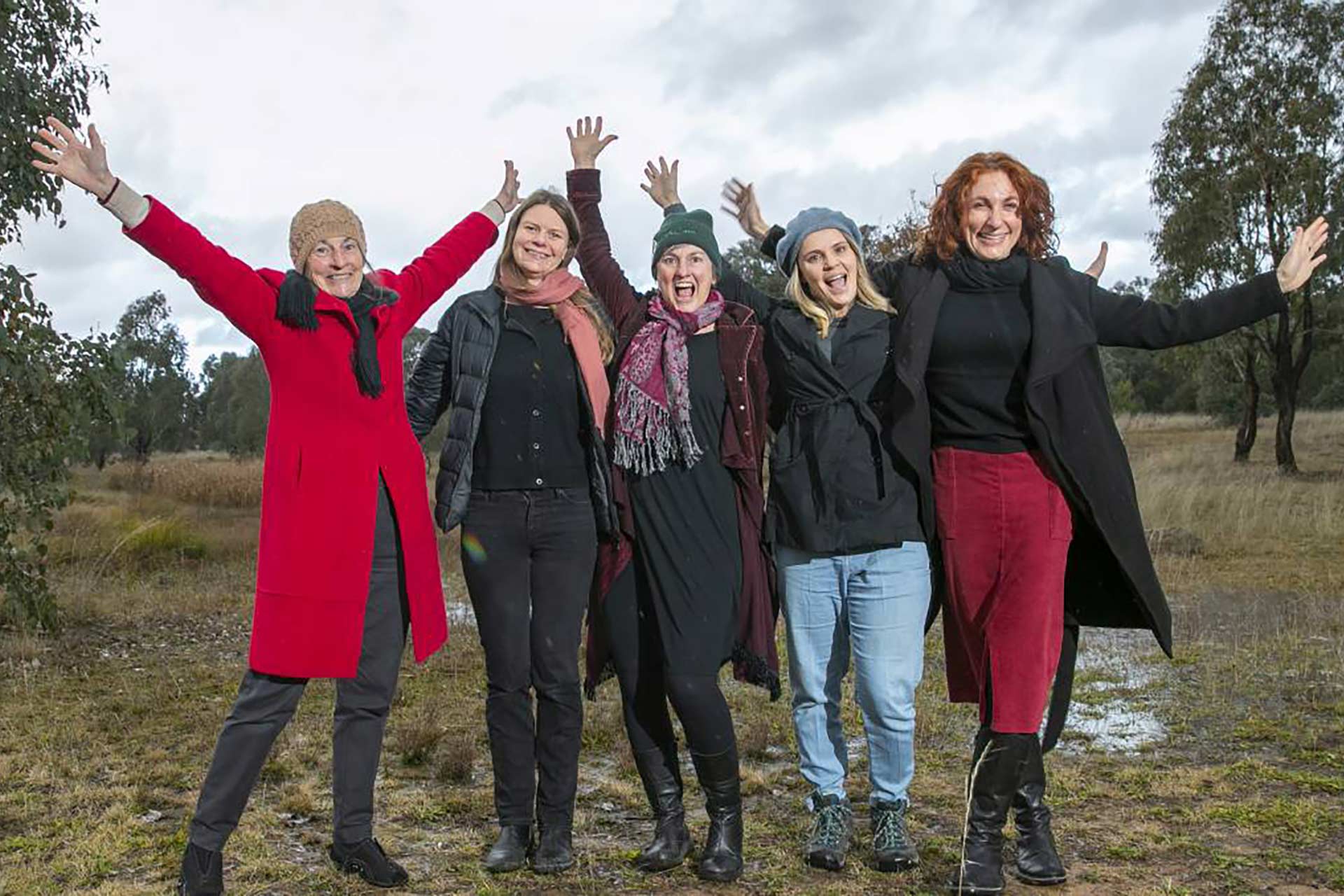There is another aspect of volunteering for the environment which is often overlooked among the images of newly-planted treescapes and news about sightings of rare species. For these things to be achieved, a huge amount of ‘behind the scenes’ work is required. This includes administration, planning, communication activities, meetings, advocacy and governance work, and much of this is done by volunteers.

The sophistication of organisational governance arrangements for community environment groups, and time required to enable that sophistication, should not be underestimated. Some of the groups featured in this report, such as the Canberra Ornithologists Group and Friends of Grasslands are wholly run by volunteers. Others, such as ACT Wildlife and the catchment groups have volunteer committees which are responsible for managing paid staff. As well as the hours of work involved, the committee members of these organisations also bear legal and financial responsibilities for the activities of their group.
Even smaller on-ground groups need at least one person to take responsibility for planning the group’s work, managing email lists and Facebook pages, and liaising with partner organisations and ACT Government staff.
As an example, Esther Gallant, the volunteer President for the National Parks Association of the ACT dedicates around two days each week to her role. The President does a wide variety of work, requiring a broad range of skills and knowledge in addition to the substantial time commitment.

Tasks include organising and chairing monthly Managing Committee and General Membership meetings, liaising with other volunteer office-bearers, and recruiting committee members. Esther prepares quarterly reports for the NPA Bulletin and writes or reviews other reports relating to the NPA’s work; often these require detailed understanding of complex science, policy or legislative topics.
She also seeks donations for the NPA’s projects. Her outreach work includes tasks like meeting with other groups to discuss common issues, meeting with ACT Government staff, and meeting with ACT MLAs to discuss environment-related issues.
There are at least 150 people in the ACT volunteering their time for these ‘invisible’ support functions to enable others to carry out their land management, citizen science and wildlife care activities.
The role of support staff
We’d like to give a big shout-out and thank you to the staff at Waterwatch, Frogwatch, the catchment groups, ParkCare, PCS rangers, ACT NRM, City Services, ACT Wildlife, the Woodlands and Wetlands Trust, and Greening Australia for all the work they do supporting our volunteers!
While volunteers are very successful in running many of the organisations working to protect the environment in the ACT, it is important to also acknowledge the role of paid support staff in supporting the work of volunteers in this sector.
In the ACT, support staff for environment volunteers are based within the ACT Government and in community groups. The main role of these staff is to enhance the ability of volunteers to deliver their work by focusing on functions that volunteers themselves often do not have time for. This can include applying for grants on behalf of volunteer groups, coordinating projects across different volunteer groups, organising and paying for training and knowledge-building events, and facilitating knowledge sharing among volunteers. Since most on-ground volunteer groups do not have the legal status to apply for and hold funds, larger incorporated non-government organisations also perform an important service in managing the financial side of projects for smaller groups.


It’s all about connection
Martine Franco talks us through what she gets up to in her role at the Southern ACT Catchment Group, supporting […]
Read moreMany volunteers are very attached to their support staff and the energy and enthusiasm they bring to volunteering in the ACT. A supportive volunteer coordinator can make all the difference to a person’s enjoyment of and ongoing involvement in volunteering.

